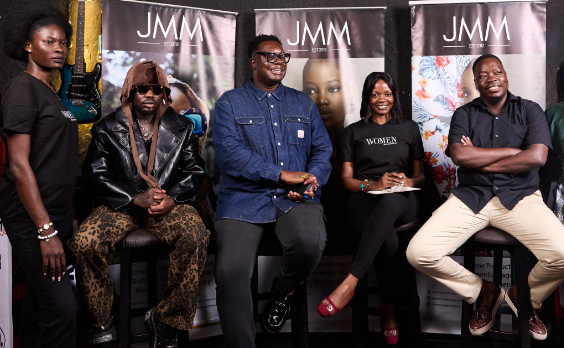Traditional Baganda Men: Women debate them in marriage
The traditional approach emphasizes cooking elaborate meals using age-old methods, wearing customary attire, and engaging in practices that show reverence and commitment to family roles.

The clash between traditional Baganda Men and modernity is playing out in Ugandan households, as women grapple with whether to uphold traditional roles in serving their Baganda men or adapt to contemporary lifestyles.
For many, serving traditional Baganda men means adhering to customs passed down through generations. These women believe in the cultural importance of roles defined by heritage.
Betty Namirembe, a 40-year-old homemaker, argues, “Our culture teaches us the value of service and respect within the family. Serving our men in the traditional way honors our ancestors and keeps our cultural identity alive.”
Some traditional approaches about traditional Baganda Men, emphasize cooking elaborate meals using age-old methods, wearing customary attire, and engaging in practices that show reverence and commitment to family roles.
“It’s not just about the food,” added Namirembe, “it’s about the love and care embedded in every action.”
Conversely, some women advocate for a more modern approach, balancing cultural respect with the demands of contemporary life. These women argue that roles should evolve to reflect the changing times, where both traditional Baganda Men and women share responsibilities more equitably.
Mary Kaggwa, a 28-year-old corporate professional, explains, “In today’s world, women are working full-time jobs just like men. It’s practical and fair to share household duties. We can still honor our culture without being confined by it.”
A similar argument like hers has been noticed on X where several Ugandans have had mixed reactions on this same matter of traditional Baganda Men, which rose up following a trending video of renowned journalist Andrew Kyamagero commenting on traditional.
Evelyn MIC, a radio presenter on Galaxy radio noted, “If we are all working and we both come back beyond 9:00am it means we are all working to meet ends and come back tired, why would a man expect you to be on the side of preparing dinner for him late night? She asked.
Marriage according to Evelyn is all about agreement and one’s wife is not a slave. She called on traditional Baganda Men not to use social media to blackmail women, highlighting that if one prefers warm food, they should simply buy a rolex at Najjera market on their way home.
“But when we are both tired from work and someone breaks into the house you expect me to protect the family? If yes then cook for the goddamn family!” responded Michael Absorba co-founder Dataware Tech.
Meanwhile another respondent on X Byamukama Julius highlighted that there is a choice between one’s marriage and their work job.
He said, “Remember traditional Baganda Men with such jobs have been named all sorts of things because of coming home late!! I feel sorry for men who have the type of women (we meet at home after 9pm)”
Some women find themselves navigating a middle path, combining traditional values with modern conveniences. This includes preparing traditional meals but utilizing modern appliances, or sharing tasks with their spouses while maintaining cultural rituals on special occasions.
Dr. Susan Nantongo, a sociologist, notes, “Cultures are not static; they evolve. The challenge is to find a balance that respects tradition while accommodating modern realities. Women should have the freedom to choose their roles without societal pressure.”
As Uganda continues to modernize, the debate over serving Baganda men highlights broader societal shifts. Whether adhering strictly to tradition or embracing modern roles, the choice ultimately lies with each individual woman, reflecting her personal values and circumstances.







